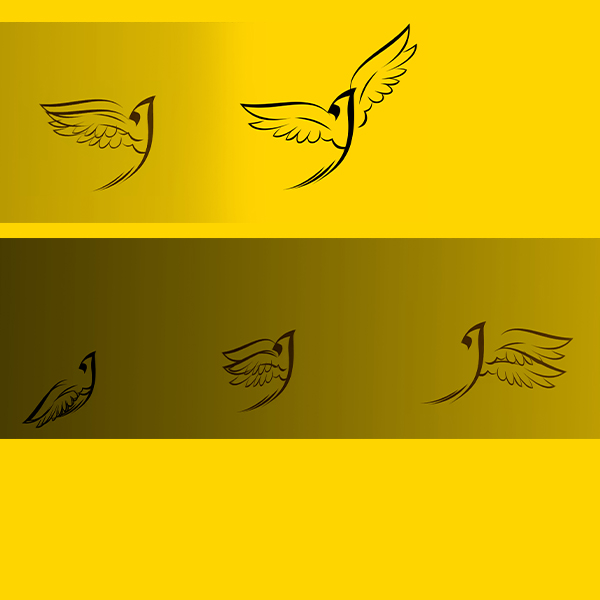Fault-Finding Epidemic
“Why do you see the speck that is in your brother’s eye, but don’t consider the beam that is in your own eye?” asks Jesus in Matthew 7:3. At times, self-absorption and selfishness make us notice and magnify the flaws of others rather than see the good in them. We often fail to see our own faults, yet we have the habit of looking at others with the magnifying glass to detect all the faults.
The truth is that being overly critical leads to several negative consequences and creates social barriers to communication and exchange between individuals. In fact, those who direct the magnifying glass to others and always see the glass half-empty are basically toxic and out of balance. In other words, highly critical and judgmental people give more weight to negative rather than positive aspects of anything others do.
We human beings have the power to use our imagination in a negative manner and gradually create things that have nothing to do with reality. For instance, we may spend hours having an imaginary argument with the people with whom we are angry or frustrated and make our lives a living hell. As we direct our attention to the bad deeds of others, life will follow suit. Therefore, our action shapes itself around the thought and we will do the same bad deeds ourselves.
Moreover, constant criticism kills empathy and social solidarity. Typically, when we discover and expose the faults of a member of society, we actually expose our own faults, because we are a member of the same society too. In fact, hurting others is hurting ourselves, as according to the principle of he is you, what you do to others, whether it is good or bad, you do it to yourself. When we constantly focus on the mistakes of others, we actually betray ourselves, that is, we tend to live a life of self-ignorance.
However, if we look at ourselves with a magnifying glass to recognize our own flaws rather than those of others, we can dig deep into ourselves, identify our weaknesses and then overcome them. Even if we do not correct them, we will stop finding faults in others. Therefore, a wise person neither seeks to find out the secrets of others, nor reveals secrets. Even if he knows their faults, he tolerates and overlooks them. This way he can bring inner peace as well as happiness into his life and keep his mind calm.



